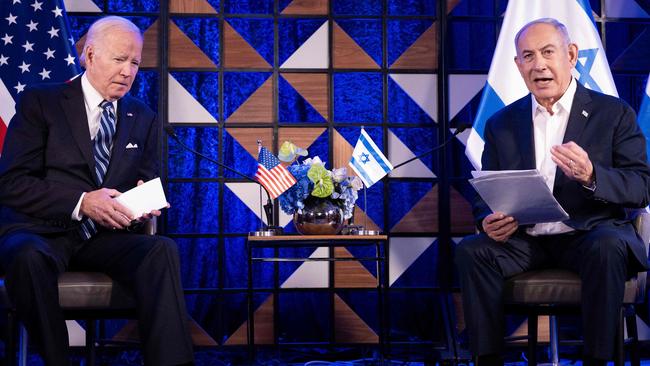
In response, Netanyahu is now threatening a ‘public and dramatic’ confrontation’ with the US president, capping off a disastrous few days which has frayed the once seemingly unbreakable personal bond between the two leaders. What seems to have angered Netanyahu most is the unusually blunt public political assessment by US intelligence agencies that the Israeli prime minister’s ‘viability as leader,’ ‘may be in jeopardy’ because public distrust towards him has ‘deepened and broadened.’ The agencies say they expect large demonstrations calling for his resignation at a time when polls show his two major rivals, Benny Gantz, leader of the National Unity Party, and Defence Minister Yoav Gallant are more popular.
Netanyahu is the ultimate political survivor and nothing angers him more than the prospect of losing power; this report is another sign that Biden is disenchanted with Netanyahu’s prosecution of the war and wants a new leader of Israel.
It comes after the White House this month hosted Gantz in Washington in a visit which was not authorised or supported by Netanyahu.
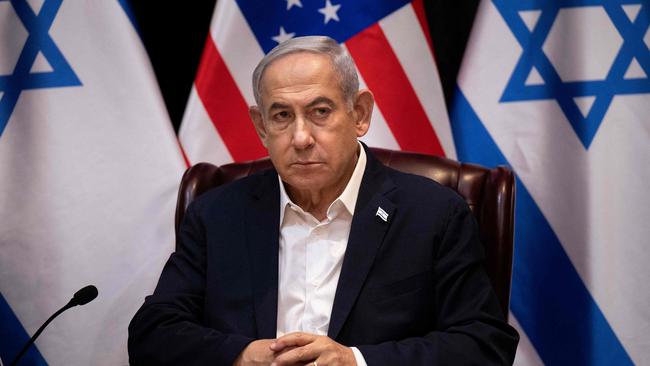
The other aspect of the US intelligence report which has reportedly angered Netanyahu is its assessment that Israel’s objective of fully eradicating Hamas is unrealistic. The report says “Israel probably will face lingering armed resistance from Hamas for years to come, and the military will struggle to neutralise Hamas’s underground infrastructure, which allows insurgents to hide, regain strength and surprise Israeli forces.”
These words succinctly summarise the dilemma faced by Israel in the remainder of this war. How will it measure the moment when it believes Hamas is destroyed to the extent that it cannot be one day revived? It is increasingly obvious that there will be no perfect ‘victory’ moment when all of Hamas is captured or killed.
Netanyahu has not prepared the Israeli people for this reality and speaks only in absolutist terms about the complete destruction of Hamas.
This also goes to the heart of the dispute between himself and Biden. The two leaders still agree on the need to destroy Hamas but they now disagree on almost every central point of the conflict including the conduct of the war, the delivery of aid, the plans for a post-war Gaza and an eventual two-state solution. But the main short-term dispute is over whether Netanyahu launches his long-threatened but much delayed ground assault on the south city of Rafah.
The military dilemma posed by Rafah is the most difficult yet in what has been the hugely complex and difficult conflict. Rafah is the last stronghold of Hamas in Gaza and Israel needs to send in a sizeable number of troops if it is to remove Hamas from the city. But how to do this without a civilian bloodbath when Rafah is the last refuge in a destroyed Gaza for more than one million displaced Palestinians?
Netanyahu says it simply has to be done, but he has presented no plan about how he would minimise casualties or how he would measure the success of such an operation.
In Biden’s eyes, Netanyahu has run out of credit. The roughly 30,000 Palestinians killed in the conflict – a number Biden now accepts – has drained America’s goodwill to the point that Biden will no longer support any military action which brings heavy civilian casualties. It’s an ugly stand-off with no easy solution. Netanyahu is clinging precariously to power and he cannot afford not to deliver his promise of a very visible victory over Hamas. The US, Israel’s most loyal ally, is now warning Israel about crossing ‘red lines’ in Rafah. It seems hard to believe that this incredibly difficult war could get more complicated. But it has.


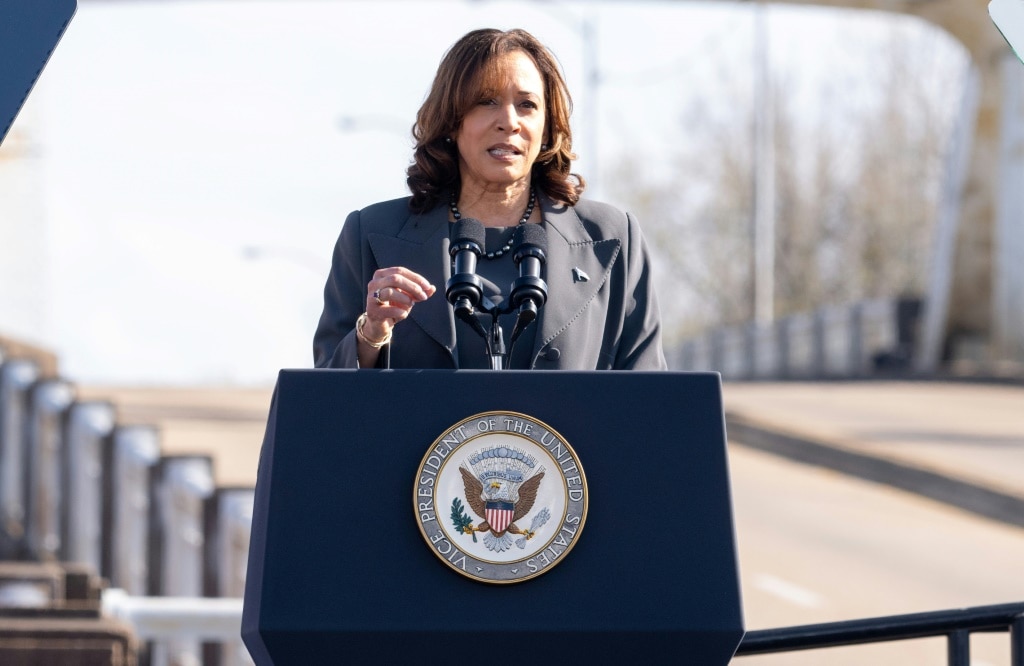
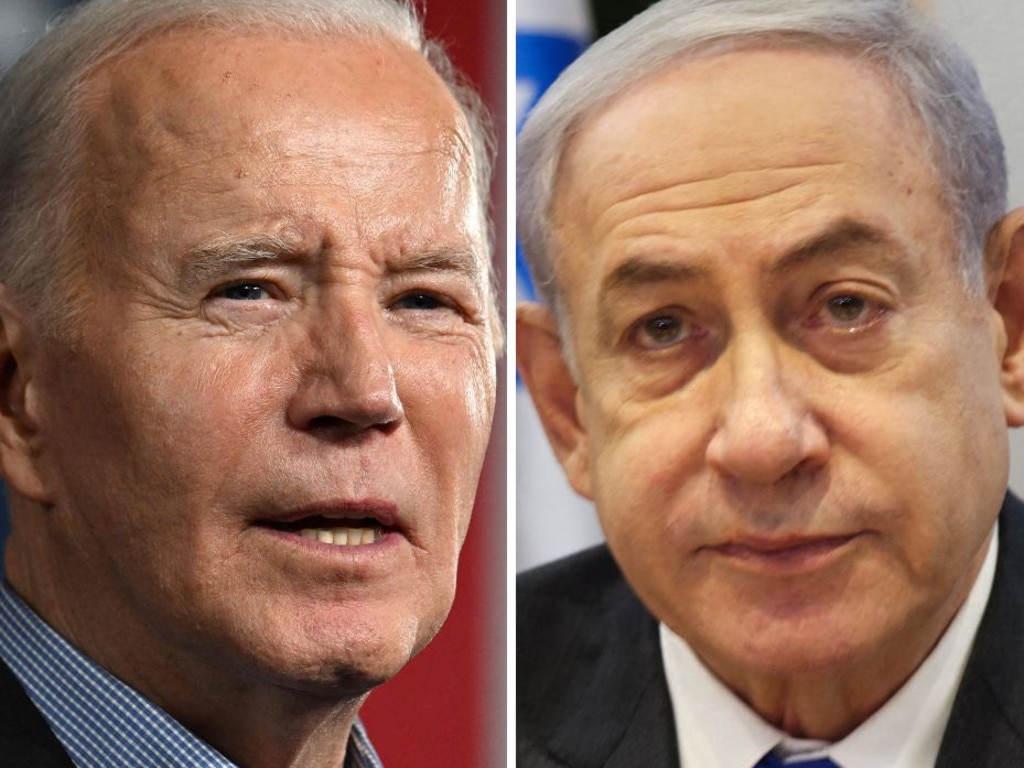
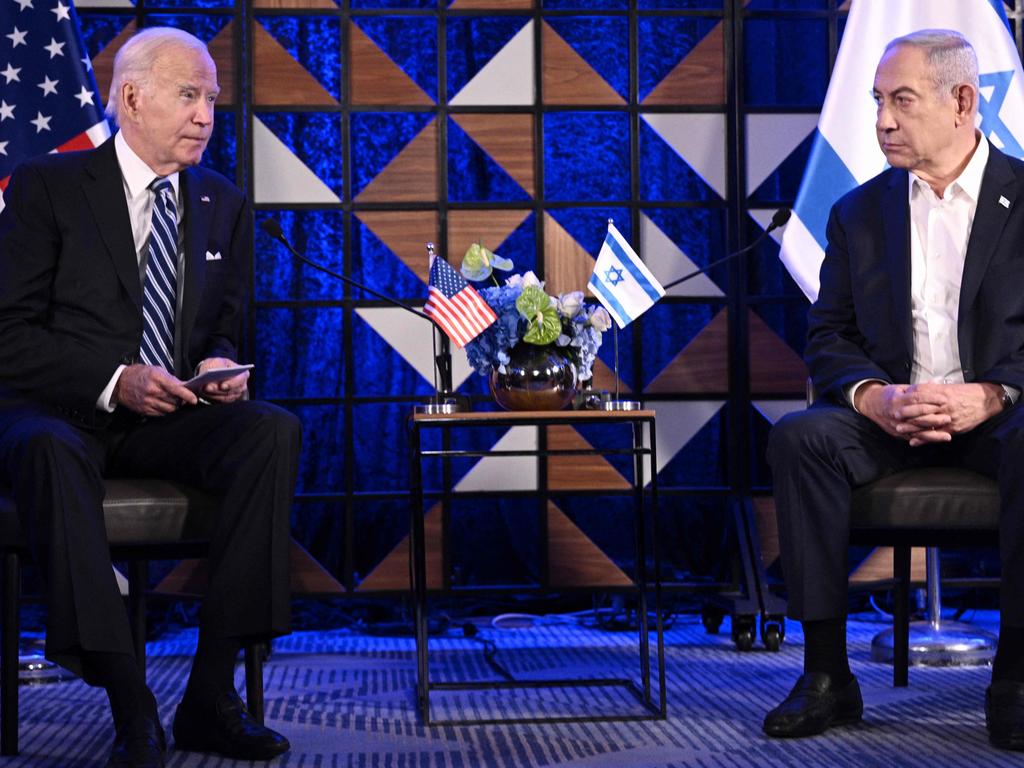
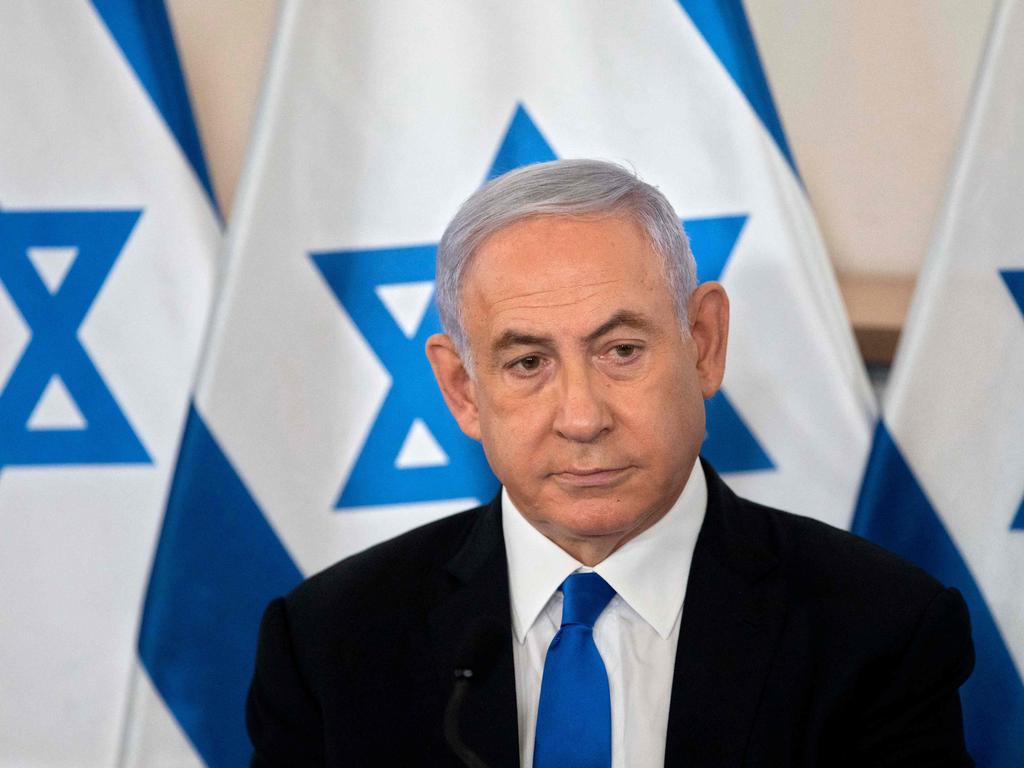


The feud between Benjamin Netanyahu and Joe Biden has escalated sharply, thanks to a US intelligence report which delivers a few home truths about the conflict in Gaza which have infuriated the Israeli leader.